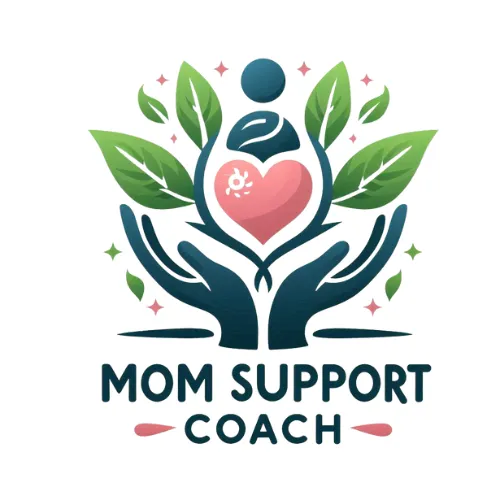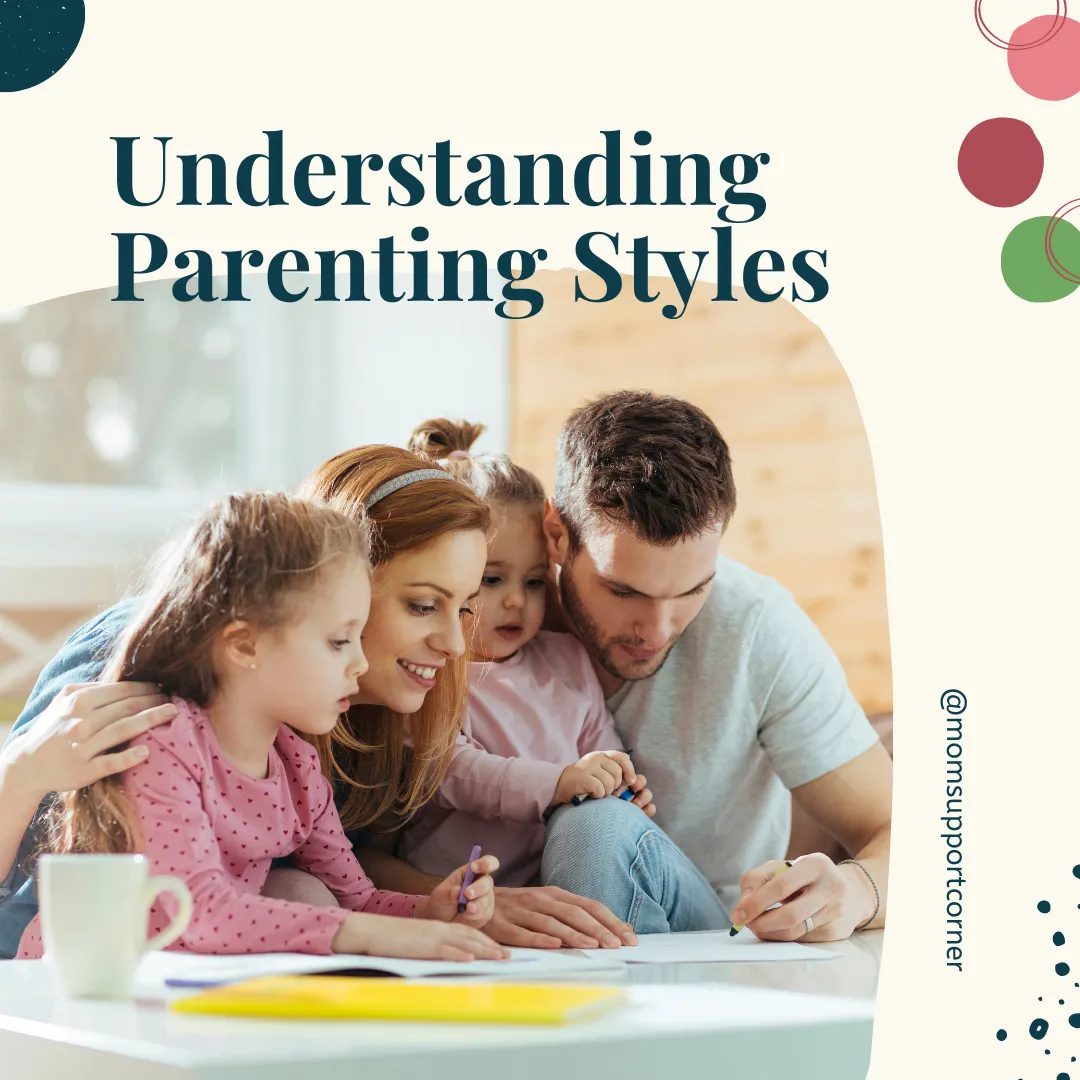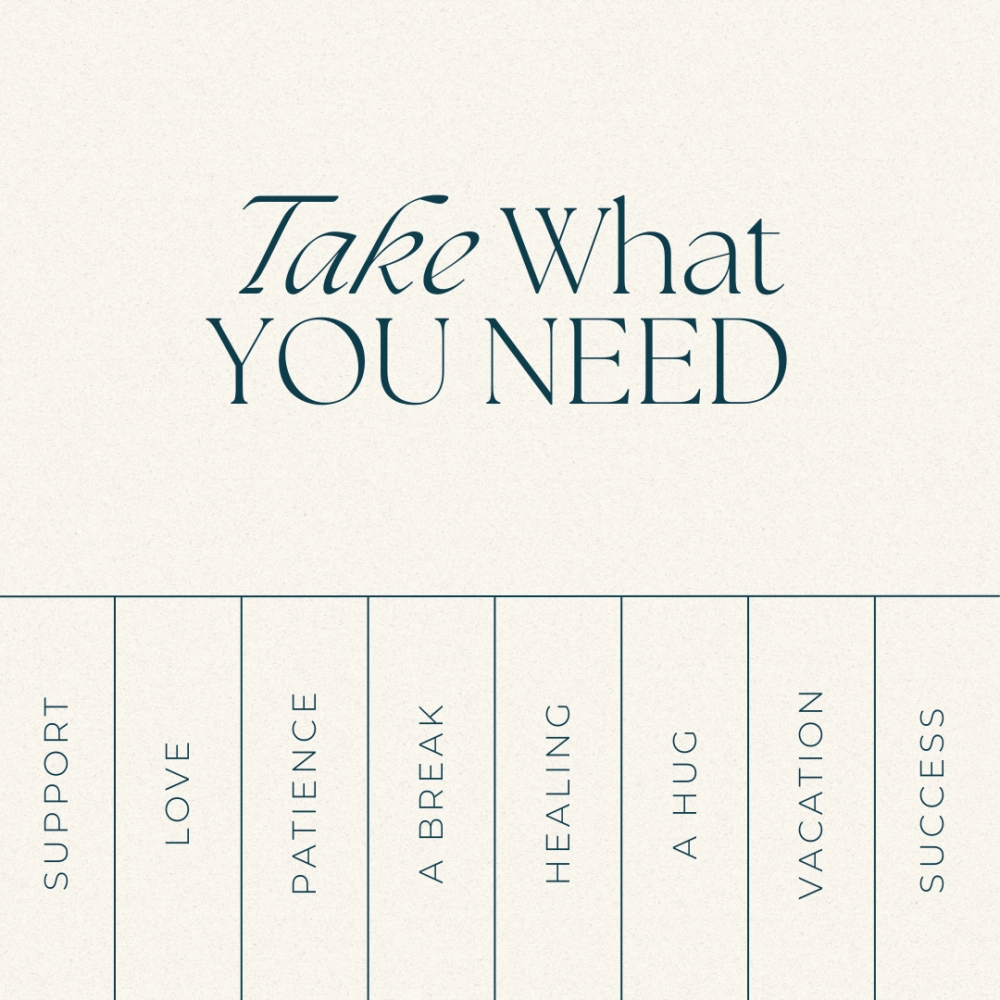

Understanding Parenting Styles: Shaping Our Children’s Future
Parenting is such a profound journey—one that not only influences our children’s lives but also shapes the adults they will become. The different parenting styles we adopt can significantly impact a child's emotional, social, and cognitive development. By understanding these styles, we can create nurturing environments that foster growth and resilience. Yet, in this complex landscape, many parents, especially mothers, grapple with feelings of guilt that can cloud their parenting choices.
The Origins of Parenting Styles
The concept of parenting styles was first introduced by psychologist Diana Baumrind in the 1960s. Her research identified distinct patterns in how parents interact with their children, leading to the classification of four primary styles: authoritative, authoritarian, permissive, and neglectful. Each style reflects different combinations of parental responsiveness (the warmth and support given to a child) and demandingness (the expectations and rules set for behavior). Baumrind’s work laid the foundation for understanding how these dynamics affect child development and well-being.
The Four Main Parenting Styles
Authoritative Parenting: This style strikes a beautiful balance between responsiveness and demandingness. Authoritative parents set clear expectations and rules while offering warmth and support. Children raised in this nurturing environment often grow up with self-discipline, strong social skills, and a healthy sense of self-worth. This style is often encouraged in modern parenting discourse for its positive outcomes.
Authoritarian Parenting: In contrast, authoritarian parenting tends to be more rigid, with high demands and low responsiveness. Parents who adopt this style enforce strict rules and expect obedience, often without room for discussion. This approach, which may have roots in more traditional or cultural parenting practices, can lead to compliant children but often at the expense of their self-esteem and social competence.
Permissive Parenting: Permissive parents are warm and accepting but often struggle to set clear boundaries. They may feel more like friends than authority figures, which can result in children who find it difficult to self-regulate and take responsibility. This style has gained traction in some contemporary contexts, reflecting a more relaxed approach to parenting, yet it may lead to challenges in academic and social situations.
Neglectful Parenting: This style is characterized by a lack of both responsiveness and demands. Neglectful parents may be emotionally distant or disengaged, leading to children who feel unsupported. This style often reflects various socio-economic factors or personal struggles, and it can hinder children’s ability to form secure attachments, affecting their long-term emotional and psychological well-being.
Impact on Child Development
Understanding how these parenting styles impact development is crucial. Research consistently shows that authoritative parenting leads to the best outcomes, resulting in well-adjusted, resilient children who can effectively manage their emotions. Conversely, authoritarian and neglectful styles can contribute to anxiety, depression, and social challenges.
The Role of Self-Awareness
As parents, our own backgrounds and experiences can deeply influence our parenting styles. Taking the time to reflect on our childhood and recognizing how it shapes our current behaviors can empower us to make healthier choices for our children. This self-awareness can help us break generational cycles of ineffective parenting and create positive change.
However, amidst this journey, many mothers find themselves grappling with feelings of guilt—often referred to as “mom guilt.” Whether it’s feeling like we’re not spending enough quality time with our kids, struggling to maintain work-life balance, or second-guessing our parenting decisions, these feelings can weigh heavily on us.
Navigating Mom Guilt
Mom guilt often stems from the unrealistic expectations society places on us, along with our own internal pressures to be perfect. It’s important to remember that no parent is perfect. Acknowledging that we are doing our best, given our circumstances, can help alleviate some of that guilt.
Embracing a more balanced approach to parenting can also mitigate these feelings. By practicing self-compassion and recognizing that it’s okay to make mistakes, we can create a healthier mindset. Allowing ourselves to be imperfect role models teaches our children valuable lessons about resilience and authenticity.
Creating a Balanced Approach
Every child is unique, and there’s no one-size-fits-all solution. Finding the right balance between authority and support is essential. Encouraging open communication, setting reasonable expectations, and providing emotional support can create a loving environment that fosters growth and development.
By understanding the various parenting styles, we can equip ourselves with the tools to raise confident, resilient children. With awareness and a commitment to balance, we can nurture our children’s potential and help them thrive. Let’s remind ourselves that it’s not about achieving perfection but about being present and engaged in our children’s lives.
In the end, embracing our journey as parents—with all its ups and downs—can help us find joy in the process and lessen the grip of guilt. We’re all in this together, learning and growing alongside our children.

Understanding Parenting Styles: Shaping Our Children’s Future
Parenting is such a profound journey—one that not only influences our children’s lives but also shapes the adults they will become. The different parenting styles we adopt can significantly impact a child's emotional, social, and cognitive development. By understanding these styles, we can create nurturing environments that foster growth and resilience. Yet, in this complex landscape, many parents, especially mothers, grapple with feelings of guilt that can cloud their parenting choices.
The Origins of Parenting Styles
The concept of parenting styles was first introduced by psychologist Diana Baumrind in the 1960s. Her research identified distinct patterns in how parents interact with their children, leading to the classification of four primary styles: authoritative, authoritarian, permissive, and neglectful. Each style reflects different combinations of parental responsiveness (the warmth and support given to a child) and demandingness (the expectations and rules set for behavior). Baumrind’s work laid the foundation for understanding how these dynamics affect child development and well-being.
The Four Main Parenting Styles
Authoritative Parenting: This style strikes a beautiful balance between responsiveness and demandingness. Authoritative parents set clear expectations and rules while offering warmth and support. Children raised in this nurturing environment often grow up with self-discipline, strong social skills, and a healthy sense of self-worth. This style is often encouraged in modern parenting discourse for its positive outcomes.
Authoritarian Parenting: In contrast, authoritarian parenting tends to be more rigid, with high demands and low responsiveness. Parents who adopt this style enforce strict rules and expect obedience, often without room for discussion. This approach, which may have roots in more traditional or cultural parenting practices, can lead to compliant children but often at the expense of their self-esteem and social competence.
Permissive Parenting: Permissive parents are warm and accepting but often struggle to set clear boundaries. They may feel more like friends than authority figures, which can result in children who find it difficult to self-regulate and take responsibility. This style has gained traction in some contemporary contexts, reflecting a more relaxed approach to parenting, yet it may lead to challenges in academic and social situations.
Neglectful Parenting: This style is characterized by a lack of both responsiveness and demands. Neglectful parents may be emotionally distant or disengaged, leading to children who feel unsupported. This style often reflects various socio-economic factors or personal struggles, and it can hinder children’s ability to form secure attachments, affecting their long-term emotional and psychological well-being.
Impact on Child Development
Understanding how these parenting styles impact development is crucial. Research consistently shows that authoritative parenting leads to the best outcomes, resulting in well-adjusted, resilient children who can effectively manage their emotions. Conversely, authoritarian and neglectful styles can contribute to anxiety, depression, and social challenges.
The Role of Self-Awareness
As parents, our own backgrounds and experiences can deeply influence our parenting styles. Taking the time to reflect on our childhood and recognizing how it shapes our current behaviors can empower us to make healthier choices for our children. This self-awareness can help us break generational cycles of ineffective parenting and create positive change.
However, amidst this journey, many mothers find themselves grappling with feelings of guilt—often referred to as “mom guilt.” Whether it’s feeling like we’re not spending enough quality time with our kids, struggling to maintain work-life balance, or second-guessing our parenting decisions, these feelings can weigh heavily on us.
Navigating Mom Guilt
Mom guilt often stems from the unrealistic expectations society places on us, along with our own internal pressures to be perfect. It’s important to remember that no parent is perfect. Acknowledging that we are doing our best, given our circumstances, can help alleviate some of that guilt.
Embracing a more balanced approach to parenting can also mitigate these feelings. By practicing self-compassion and recognizing that it’s okay to make mistakes, we can create a healthier mindset. Allowing ourselves to be imperfect role models teaches our children valuable lessons about resilience and authenticity.
Creating a Balanced Approach
Every child is unique, and there’s no one-size-fits-all solution. Finding the right balance between authority and support is essential. Encouraging open communication, setting reasonable expectations, and providing emotional support can create a loving environment that fosters growth and development.
By understanding the various parenting styles, we can equip ourselves with the tools to raise confident, resilient children. With awareness and a commitment to balance, we can nurture our children’s potential and help them thrive. Let’s remind ourselves that it’s not about achieving perfection but about being present and engaged in our children’s lives.
In the end, embracing our journey as parents—with all its ups and downs—can help us find joy in the process and lessen the grip of guilt. We’re all in this together, learning and growing alongside our children.

free gift!
To be notified of upcoming events and get a FREE chapter of Good Mom Rules: Ditch Mom Guilt and Find Your Happy

free gift!
To be notified of upcoming events and get a FREE chapter of Good Mom Rules: Ditch Mom Guilt and Find Your Happy
Copyright © 2022 All rights reserved.

